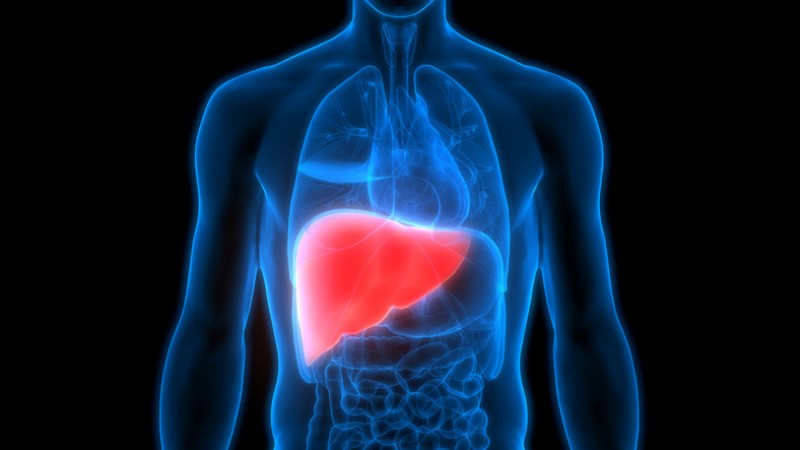
Fatty liver disease, characterized by the accumulation of fat in liver cells, is becoming increasingly prevalent worldwide. The condition can progress from simple fatty liver to more severe forms such as non-alcoholic steatohepatitis (NASH), potentially leading to liver cirrhosis or failure if left unmanaged. However, there's good news: managing fatty liver disease is possible through lifestyle modifications and dietary changes, often without the need for medication.
Fatty liver disease can result from various factors, including:
Fatty liver disease often progresses silently without noticeable symptoms. However, some individuals may experience:
Reduce the intake of sugary snacks, desserts, and sweetened beverages, as excess sugar can contribute to liver fat accumulation.
Incorporate a variety of whole foods into your diet, including fruits, vegetables, whole grains, lean proteins, and healthy fats like those found in avocados and nuts.
Be mindful of portion sizes to prevent overeating and promote weight loss if necessary. Eating smaller, balanced meals throughout the day can help stabilize blood sugar levels and reduce the burden on the liver.
Engage in regular physical activity, such as brisk walking, jogging, cycling, or swimming, for at least 30 minutes most days of the week. Exercise helps improve insulin sensitivity, aids in weight management, and promotes overall liver health.
Include strength training exercises to build muscle mass, which can boost metabolism and aid in fat loss.
If overweight or obese, strive for gradual weight loss through a combination of diet and exercise. Even modest weight loss (5-10% of total body weight) can significantly improve liver health and reduce fat accumulation.
Alcohol can exacerbate liver damage in individuals with fatty liver disease, so it's crucial to eliminate or strictly limit alcohol consumption.
Avoid exposure to environmental toxins and chemicals that can harm liver function, such as certain medications, pesticides, and industrial pollutants.
Drink plenty of water throughout the day to stay hydrated and support liver function. Limiting alcohol and sugary beverages further aids in liver health.
Schedule regular appointments with your healthcare provider for monitoring and managing fatty liver disease. They can assess your progress, perform necessary tests, and provide guidance on optimizing your health. While a diagnosis of fatty liver disease may initially seem daunting, it's essential to remember that effective management is within reach. By implementing lifestyle changes such as adopting a healthy diet, engaging in regular exercise, maintaining a healthy weight, and avoiding harmful substances, individuals can take control of their liver health without relying on medication. With dedication and support from healthcare professionals, managing fatty liver disease can lead to improved overall well-being and a healthier future.
Kia Sonet achieved this milestone, sold 4 lakh vehicles in less than four years
New update in Tesla's Cybertruck, many new features included